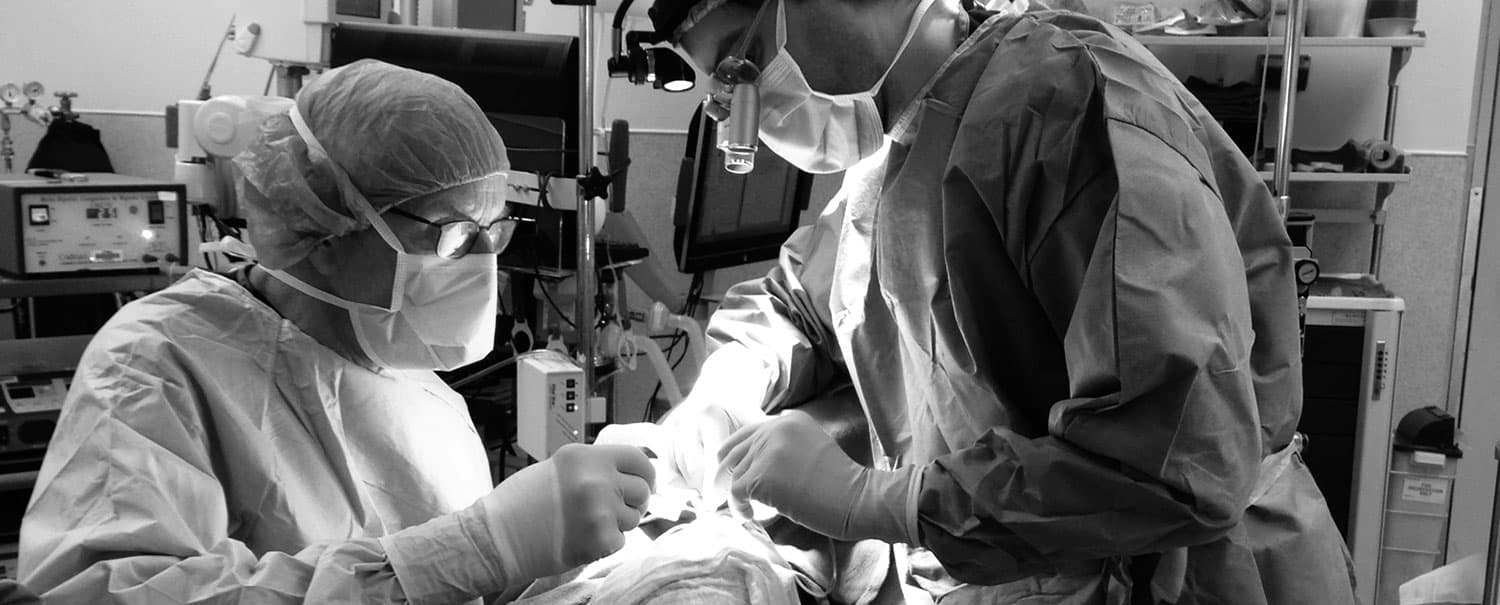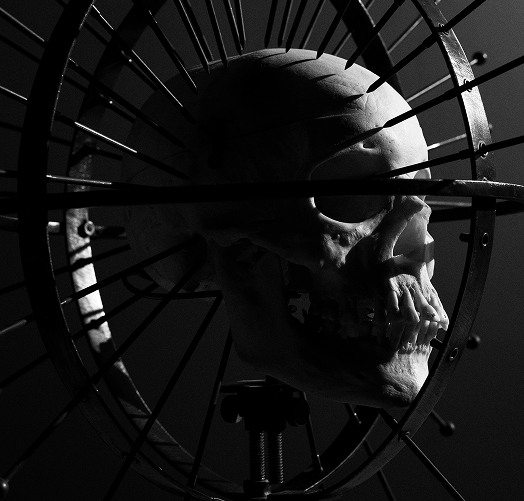Long format surgery may take 6-12 hours, is it safe to be “under” for this long?
Sometimes it is recommended to undertake several plastic surgery procedures during one session. This is known as a long format surgery, which may take anywhere from 6-12 hours in duration. Most often we recommend long format plastic surgeries for either Pan Facial Rejuvenation, Facial Masculinization, or Facial Feminization.
These are complex surgeries that involve several procedures that need to be performed together to ensure a successful result. For example, if you need Forehead Feminization, it is ideal to combine this procedure with Hairline Lowering, a Brow Lift, and possibly even a Feminizing Rhinoplasty.
How safe is long format surgery?
One of the great concerns often expressed by our patients is:
How safe is it for me to be under anesthesia for this long?
This is a valid concern, and one we wish to address to dispel any myths or fears around long format plastic and craniofacial surgery.
Two elements are critical to understand:
First, it’s critical that your doctor is board certified, and that the procedure is performed in a hospital or certified ambulatory surgery center setting with a board certified physician anesthesiologist in attendance.
Dr. Deschamps-Braly has a stellar professional reputation and is cross-trained in both general plastic surgery, orthognathic (jaw) surgery, and craniofacial surgery. He works with highly qualified board certified anesthesiologists and has admitting privileges at various hospitals in the Bay Area in the event extended postoperative monitoring is necessary.
Second, the duration of long format surgeries can range from a couple of hours for a single procedure, to 10-12 hours for a multi-procedural surgery. This is why we carefully screen our patient’s health before surgery with lab and other tests to assess their suitability for long surgery. We may require additional input from other healthcare professionals prior to long surgery should anything be irregular on your health screening.
However, while a long format surgery can be safely be done in a single stage, it can also be broken up into parts—typically an ‘upper face’ and ‘lower face’ phase that would encompass a few procedures that closely relate to each other. Phases can be performed as close as two days or as long as several years apart.
Because long format surgery involves general anesthesia for an extended period of time, certain precautions must be taken. While undergoing 6-12 hours of surgery is typically safe, it is best to minimize the amount of anesthesia that is required–to also minimize postoperative sequelae.
Although delirium and confusion are rare after long format surgery, we require admission to the hospital for observation for any cases lasting longer than 5-6 hours. We work with anesthesiologists to tailor your anesthesia in such a way as to minimize any post operative confusion.
What type of anesthesia is needed for long format surgery?
Long format surgery is performed under a very light general anesthesia. We typically limit the amount of narcotics and other agents that circulate in the body for extended periods which also improves the recovery process.
Although staging surgeries into two smaller surgeries is possible, it rarely is necessary to do this way, and often increases costs by creating two separate trips to San Francisco.
Your surgeon will explain to you how much and what level of anesthesia is required for your specific series of surgical procedures.
During preoperative testing and evaluation, Dr. Deschamps-Braly will determine how safe general anesthesia will be for your particular situation, particularly if you have any other medical problems or conditions to consider. Local anesthesia is always combined with general to decrease the amount of general anesthesia medications that are necessary.
Your general health and lifestyle habits are also important predictors of outcome:
- You should also have clearance from your family doctor to make sure you are healthy enough for a long surgery.
- You should be put under anesthesia only by a board certified anesthesiologist and plan to spend the night of your surgery in the hospital.
- You will be observed in the hospital overnight to make sure that you recover as planned.
- Additionally, you should make sure that your surgeon does everything to ensure you have good circulation throughout long format surgery and during initial recovery time.
Have any major studies been undertaken in terms of long format surgery and patient safety?
Several studies validate that long hours for surgeries are not a higher risk to patient safety. In fact, one study noted considerable improvements in patient safety.
A 1999 study on the complications of long operations determined that reconstructive surgical procedures often take a long time to perform and duration of surgery is frequently cited as a major risk factor for postoperative complications. Yet, the study suggests that duration of surgery alone is not a major determinant of postoperative complications, and that the type of surgery performed and the patient’s general health are more important predictors of outcome.
A new national study published in the New England Journal of Medicine and presented at the Academic Surgical Congress in February of 2016 showed that allowing surgical residents the flexibility to work longer hours did not pose a greater risk to patients. The highly anticipated seminal study was led by Northwestern Medicine.
In addition, we have performed over 1,700 long format cases without a single serious health related complication. We maintain a successful track record through very thoughtful patient selection and screening.
What precautions do you take to ensure patient safety?
Dr. Deschamps-Braly and his team are highly regarded for their surgical expertise and exemplary patient care. Your pre-op planning consultation with Dr. Deschamps-Braly is an ideal time to discuss all the practical and important ways you can prepare yourself for a safe surgery and an optimized recovery, both initially and in the long term.
There are preliminary protections to take well in advance of surgery, the day of, and post-operation which include:
- Follow all recommended pre-operative recommendations for optimal emotional, psychological, and physical well-being prior to surgery.
- Specifically, your surgeon will discuss what level of sedation is needed, and will aim to keep the anesthesia as light as possible.
- Per your surgeon’s instructions, discontinue any medications before and after surgery that could further alter brain activity.
- Be well hydrated and nourished before surgery, to improve blood flow to the brain. Ensure you drink plenty of water and even electrolytes if you feel dehydrated.
Your safety is always our highest priority and primary concern.
Dr. Deschamps-Braly and his team take every step to ensure your utmost safety so that your entire patient experience is a positive one–that yields you the desired aesthetic outcomes as well as the best postoperative recovery experience possible. If you have any further questions, please don’t hesitate to ask Dr. Deschamps-Braly during your initial consultation.
Categories:
- Craniofacial
- DLM FAQ
- Facial Feminization Surgery
- Facial Implants
- Facial Masculinization Surgery
- Injectables
- Jaw Surgery
- Non-Surgical
- Nose
- Office News
- Plastic Surgery
About Deschamp- Braly Clinic:
We are privileged to be a part of a journey where the destination is a place that brings you a renewed sense of happiness. We are here to give you our very best. Most importantly, we are here to share in your sense of relief and joy as the dressings are removed.










